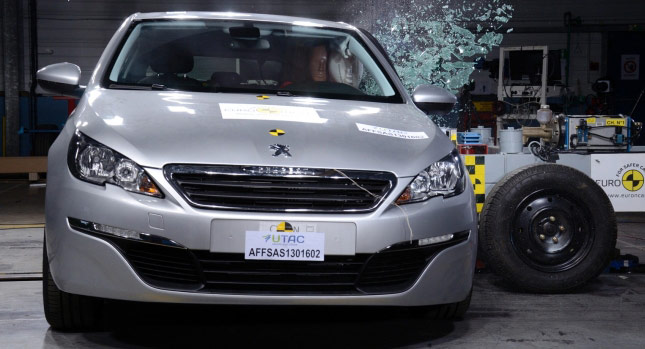When you add up all of the relevant statistics, you apparently end up with a number of 240,000 that were killed in car crashes in Europe, between 2001 and 2012. An alarming number if taken out of context, but it could have been much higher had it not been for the numerous safety innovations that have now become standard on most cars.
Probably the single most relevant statistic provided by the European Transport Safety Council (ETSC) is the comparison between the annual number of deaths recorded in 2001 (27,700) and the same number from 2012 (12,345). This marks a 55 percent drop in fatalities.
The ETSC also attributes this notable improvement not only to passive and active safety tech, but also stricter enforcement of “the main traffic offences.” However, we’re a bit weary of vague statements like that, and we’re not sure we understand what they mean.
Another part of the report that could be debated after a simple Google search is the statistic they provide that says, “an average reduction in traffic speeds of 1km/h could have prevented another 1300 deaths in 2012.” That just sounds like a dumb thing to say and it puts into question the accuracy of the information provided here, like the fact that abolishing drunk driving would have saved an additional 5,600 lives.
Finally, if you were wondering which country’s roads were the safest, then according to this study it’s Switzerland, followed by the Netherlands, the UK, Sweden and Norway, while Poland and Latvia sit at the other end of the tables.
By Andrei Nedelea
PHOTO GALLERY










